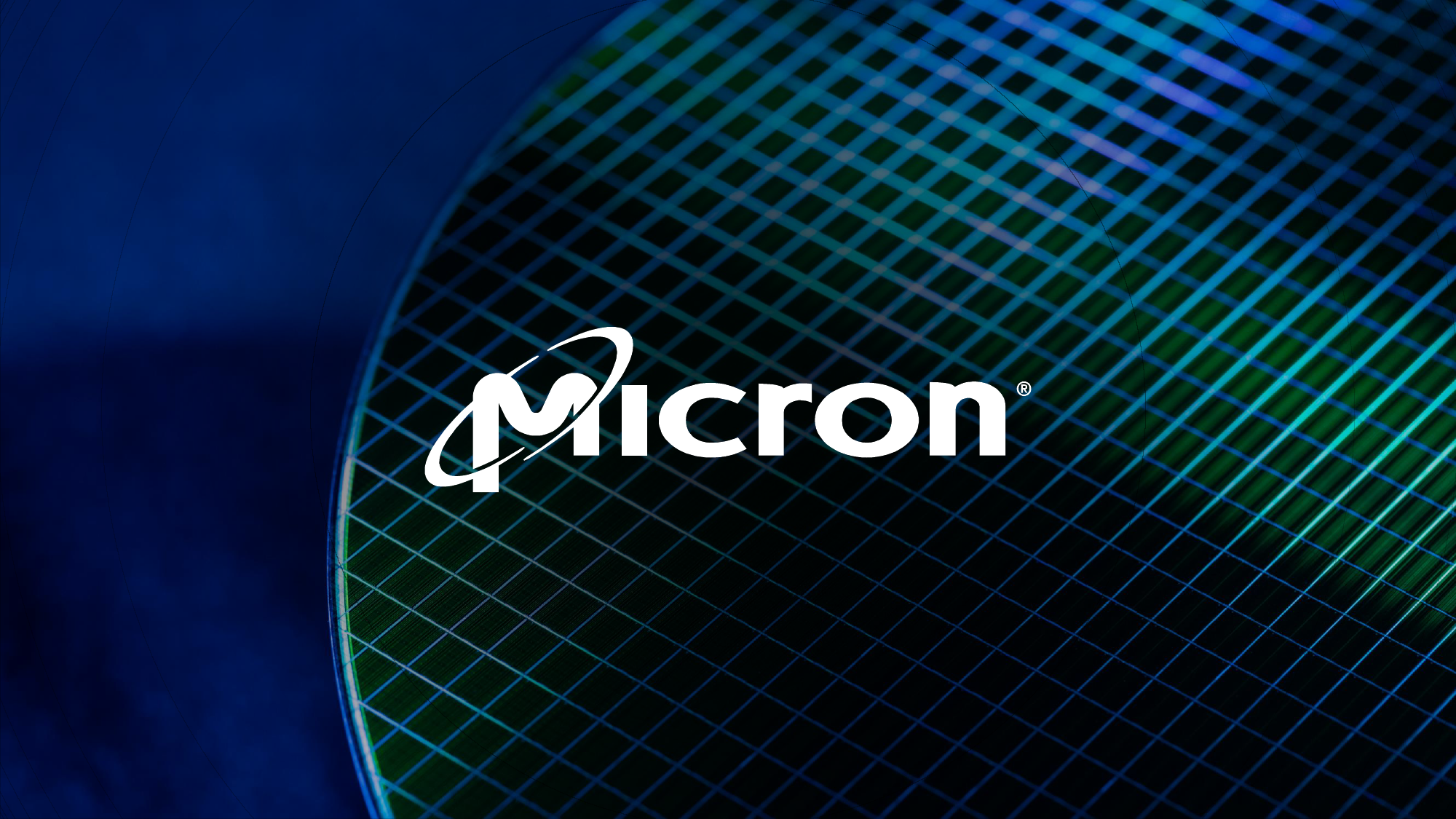Chinese Minister Welcomes Micron's Expansion in the Country, On the Heels of Memory IC Ban
But how about lifting the ban on memory ICs?

China's Commerce Minister Wang Wentao last week had a meeting with Sanjay Mehrotra, chief executive of Micron, expressing support for the company's expansion in China, reports Reuters. Meanwhile, there is no word whether the People's Republic is going to lift a ban on Micron's memory devices that are used for PCs used by government-controlled agencies and critical infrastructure.
"We welcome Micron Technology to continue to take root in the Chinese market and achieve better development under the premise of complying with Chinese laws and regulations," Wang said.
Micron is one of the companies that does not produce chips in China, but which has vast packaging operations in the country. The company's 3D NAND and DRAM memory ICs, made Singapore and Taiwan, are then packaged in China and distributed to makers of memory modules and solid-state drives, including the best SSDs with a PCIe 5.0 x4 interface.
Micron's China operations are vast. Back in June the company announced plans to invest some additional $600 million in its facilities and add 500 more jobs, increasing its headcount in the country to more than 4,500.
But the massive facilities that that Micron runs in China did not stop the People's Republic's government from banning its chips following a security assessment conducted by Cyberspace Administration of China (CAC). The organization concluded that Micron's products "have relatively serious potential network security issues, which pose a major security risk to my country's critical information infrastructure supply chain."
But CAC did not elaborate on the exact security threats that Micron's products may pose in particular and how a memory IC can affect reliability of supply chains. Given the concerns over national security, the ban on Micron memory devices was executed promptly, which naturally hit the company's revenue.
China's action toward Micron is largely interpreted as a retaliation to the United States' attempt to limit Chinese access to advanced manufacturing technologies. This context of geopolitical maneuvering also includes U.S. efforts to persuade its allies to limit exports of wafer fab equipment to China.
Get Tom's Hardware's best news and in-depth reviews, straight to your inbox.
Against this backdrop, the conversation between Wang Wentao and Sanjay Mehrotra reflects a softening of tensions, occurring in the run-up to a planned dialogue between the U.S. President Joe Biden and Chinese President Xi Jinping at the forthcoming Asia-Pacific Economic Cooperation summit in San Francisco, signaling a potential diplomatic warming.

Anton Shilov is a contributing writer at Tom’s Hardware. Over the past couple of decades, he has covered everything from CPUs and GPUs to supercomputers and from modern process technologies and latest fab tools to high-tech industry trends.
-
JamesJones44 Hopefully they don't plan to build anything leading edge there, otherwise you might as start making plans for Changxin Xinqiao to start selling identical products for half the cost and with government subs.Reply
P.S. This isn't a political statement, just facts based on news about China's plans for domestic memory makers and history of taking over industries that have setup shop in the county.